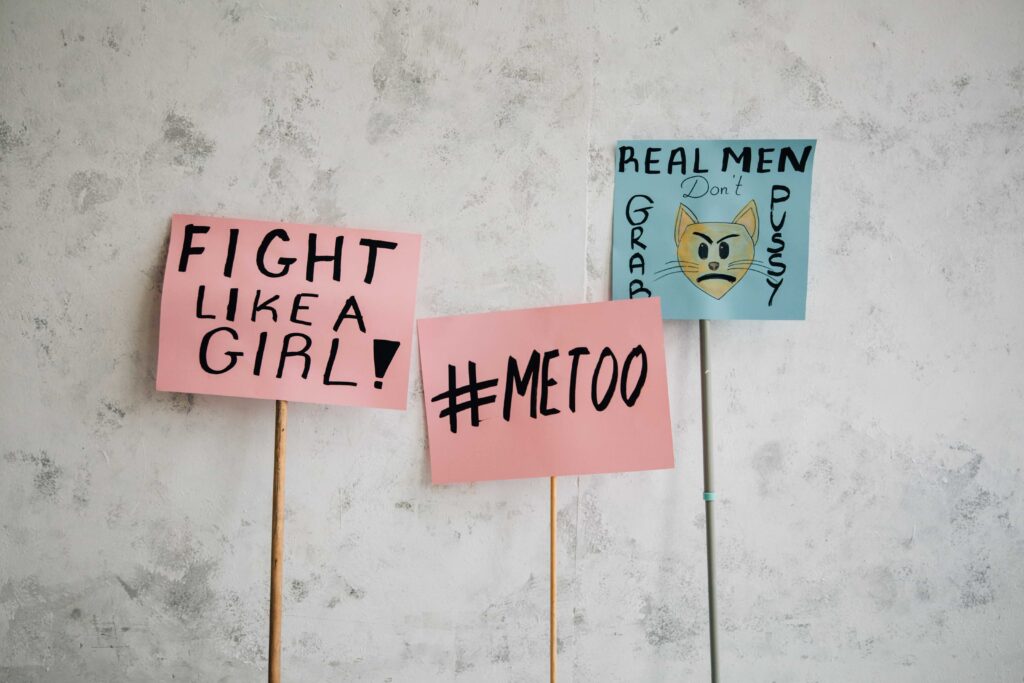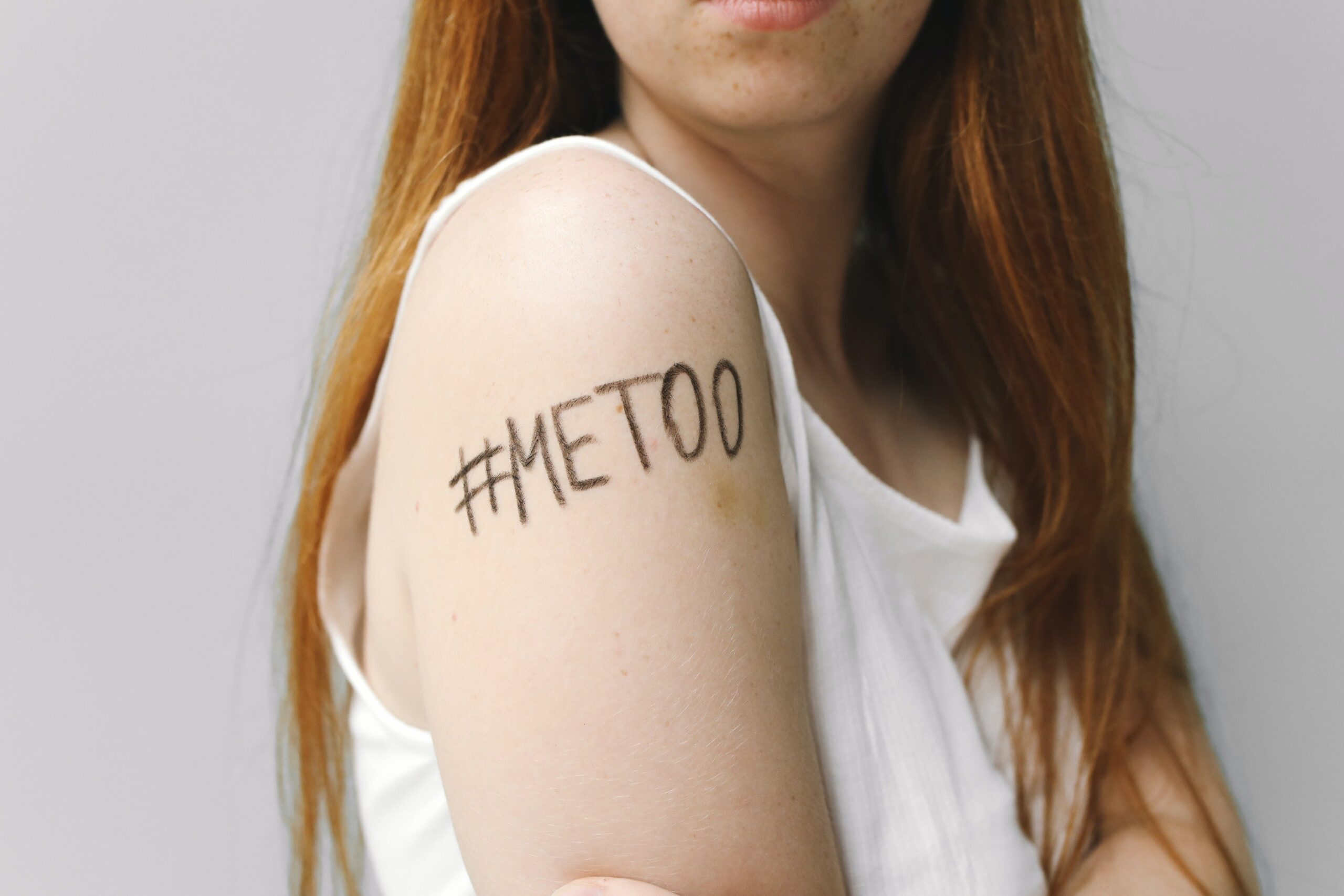Gender inequality, deeply ingrained in societies across the globe, continues to persist as a pervasive issue. However, in recent years, the #MeToo movement has emerged as a powerful force, shedding light on the experiences of countless women and sparking conversations about the deeply rooted inequities women face in workplaces and beyond.
The Struggle for Equality
Gender inequality takes many forms, permeating every aspect of women’s lives, from the workplace to home and from politics to culture. It manifests as pay disparities, limited access to education, underrepresentation in leadership roles, and, most alarmingly, the widespread issue of sexual harassment and assault. Despite progress in some areas, these issues persist, underscoring the need for continued advocacy.
The Birth of #MeToo
The #MeToo movement, founded by activist Tarana Burke, gained global attention when it went viral in 2017. What began as a grassroots campaign to provide support for survivors of sexual violence quickly evolved into a worldwide reckoning. Women from all walks of life took to social media, bravely sharing their stories of harassment and assault, often involving powerful figures in various industries.
Breaking the Silence
The power of #MeToo lies in its ability to break the silence that has perpetuated gender-based violence for generations. By sharing their experiences, survivors have shifted the narrative from victim-blaming to holding perpetrators accountable. This movement has made it clear that no one is exempt from the consequences of their actions, regardless of their status or influence.
Impact in the Workplace
The workplace has been a focal point of #MeToo activism, where gender inequality and harassment have long been prevalent. In corporate boardrooms, entertainment studios, academia, and even politics, women have faced discrimination and harassment with few avenues for recourse. #MeToo has spurred organizations to reevaluate their policies and take steps to create safer and more equitable workplaces.
Challenging Patriarchy
At its core, #MeToo challenges the deeply ingrained patriarchal structures that perpetuate gender inequality. It has exposed the systemic imbalances of power that allow harassers to act with impunity. The movement has called for greater gender sensitivity and equity in organizations and institutions, advocating for cultural shifts that prioritize respect and inclusivity.

Ongoing Struggles
While #MeToo has achieved significant victories, the fight against gender inequality is far from over. Challenges persist, including:
1. Backlash: Some have labeled #MeToo as a “witch hunt” or an attack on due process, deflecting attention from the real issues at hand.
2. Intersectionality: The movement has highlighted the experiences of white, cisgender women, but intersectional challenges faced by women of color, LGBTQ+ individuals, and those with disabilities require continued attention.
3. Legal Reforms: Advocates continue to push for legal reforms that strengthen protections for survivors and hold perpetrators accountable.
4. Cultural Change: Transforming deeply ingrained cultural norms takes time, and progress requires ongoing effort and advocacy.
Conclusion
The #MeToo movement represents a vital turning point in the ongoing struggle for gender equality. It has empowered women to speak their truths, shattered the silence surrounding harassment and assault, and pushed institutions to confront their complicity. Yet, as we reflect on the impact of #MeToo, it is clear that the path to gender equality is a journey that requires the commitment of individuals, organizations, and society as a whole.
Women will continue to stand up, speak out, and demand equality in all aspects of their lives. The #MeToo movement has shown the world that gender-based violence and inequality will no longer be tolerated. It is a rallying cry for change, an unshakable testament to the resilience of survivors, and a reminder that the fight for gender equality is far from over.
